Cycling offers a sense of freedom, efficiency, and connection to the environment that’s unmatched by other modes of transportation. However, sharing the road with larger vehicles has its risks, and if you’ve been hit while riding, the experience can be painful and financially stressful.
Fortunately, you do have options. You can take legal action to hold the responsible party accountable for the harm they caused. Here’s everything you need to know about suing someone for hitting you on a bike, the legal steps involved, and how a bike accident lawyer can obtain every dollar you have coming.
Understanding Your Rights as a Cyclist
As a cyclist, you have the same rights on the road as any other driver. Traffic laws don’t just apply to cars, motorcycles, and trucks; they also extend to bicycles. You have the right to pursue justice if you were hit by a car, truck, or any other vehicle. Bike accident attorneys understand how these rights apply to your situation and can identify all the potential options for a successful case.
Assessing Liability: Who’s Responsible for the Accident?
Determining who’s responsible is essential for building a strong case when you’re involved in a cycling accident. Liability defines who should be held accountable for your injuries and damages, and often, the driver who collided with you bears responsibility.
However, assessing liability isn’t always straightforward. A thorough review of all potential factors can help ensure that the right parties are held accountable. Here’s a closer look at who may be liable for your cycling accident and how a bike accident lawyer can help assess the causes.
The Driver’s Responsibility: Common Reasons They’re at Fault

In most bicycle accidents, the driver is primarily responsible, especially if they violated traffic laws or drove recklessly. Several common driver behaviors can place them at fault, including:
- Ignoring traffic signals: Failing to stop at a red light or running a stop sign puts cyclists at significant risk. If a driver collided with you because they disregarded these signals, they’re likely responsible for the accident.
- Failure to yield: Drivers must yield the right of way to cyclists in bike lanes, intersections, and other designated areas. If the driver didn’t yield and caused the accident, they can be liable for your injuries.
- Distracted driving: Texting, talking on the phone, or even adjusting the radio can lead to moments of inattention that result in serious accidents. If a driver’s distraction led to the collision, they’re responsible for their negligence.
- Speeding or aggressive driving: Excessive speed and aggressive driving behaviors, like tailgating or weaving through traffic, increase the likelihood of hitting a cyclist. Drivers must drive safely, especially around vulnerable road users like cyclists.
Other Contributing Factors in Bicycle Accidents
While drivers are often the primary cause of cycling accidents, other factors can also play a role. A thorough assessment of these contributing elements can help your lawyer build a comprehensive case.
Poorly Maintained Roads
Hazardous road conditions are a common issue for cyclists, as even minor imperfections can lead to loss of control and accidents. Potholes, uneven surfaces, or broken pavement can be dangerous, especially if the local government or property owner failed to maintain the road properly. You may have a case against the responsible municipality or property owner if poorly maintained roads contributed to your accident.
Defective Bicycle Parts
Sometimes, an accident isn’t solely the result of driver behavior but rather an issue with your bike. A defective bicycle part, like a faulty brake or a broken chain, can cause you to lose control and lead to an accident. In these cases, the manufacturer, distributor, or retailer of the bike or bike parts might be partially liable. A bicycle accident lawyer can investigate whether a defect played a role and hold the appropriate parties accountable.
Hazardous Weather Conditions
Weather can also impact liability in an accident. Rain, fog, or ice can reduce visibility or make roads slippery, increasing the chances of a collision. While drivers are expected to adjust their driving behavior to weather conditions, they may face liability if they fail to do so. Your attorney can review the weather at the time of the accident and how it may have contributed to the incident.
Types of Damages You Can Seek

When you’re hit on a bike, you may experience significant physical, emotional, and financial tolls. In a lawsuit, the compensation you seek is often referred to as “damages,” which can include tangible and intangible losses. Here’s a breakdown of the damages you may be eligible to pursue:
Medical Expenses
The cost of medical care can be overwhelming, especially if you need surgeries, physical therapy, or specialized treatments. Medical expenses cover immediate treatment, ongoing medical care, future procedures, and any necessary rehabilitation.
Lost Income and Earning Capacity
If your injuries prevent you from working, you can seek compensation for lost income. For more severe injuries that affect your ability to work long-term, you may also be eligible for loss of earning capacity, which accounts for the income you would have earned had the accident not occurred.
Pain and Suffering
Pain and suffering damages account for the physical discomfort and emotional trauma resulting from the accident. These damages are less concrete than medical bills or lost income, but they’re just as important in addressing the full scope of your suffering.
Property Damage
Bicycles, gear, and other personal belongings can suffer serious damage in an accident. You can seek compensation to repair or replace these items as part of your claim.
Loss of Enjoyment of Life
Severe injuries can take away your ability to enjoy your life as you once did. This can mean giving up hobbies, outdoor activities, or time with family. A bike accident lawyer can help quantify this loss and include it in your claim.
Unique Challenges in Bicycle Accident Cases
As a cyclist, you encounter unique physical and legal challenges on the road. Unlike car drivers, you’re more vulnerable to severe injuries, and you lack the protection of a vehicle frame. Legally, cyclists often deal with biases impacting how their cases are perceived and resolved. Here’s how these challenges may affect your claim and how an attorney can help ensure fair treatment.
Bias Against Cyclists

Many people view cyclists as unpredictable or even reckless, which can lead to unfair assumptions about fault in accident cases. This bias may come from drivers, insurance companies, or even juries, and it can create obstacles in proving your right to compensation.
An attorney can address these biases by presenting clear evidence – such as witness statements, traffic camera footage, and more – to demonstrate that you were following the law and aren’t to blame for the accident. With proper representation, you can counteract these biases and ensure a fair consideration of your case.
A Greater Risk of Severe Injury
Cyclists face a higher risk of severe injuries compared to drivers. Without a protective barrier, a collision can result in serious, sometimes life-altering injuries. This vulnerability means that cyclists often require more extensive and costly medical treatment, which can lead to higher compensation needs.
An attorney will advocate for the full amount you’re owed, ensuring that compensation accounts for both immediate medical expenses and any long-term impact on your health, mobility, and quality of life.
A Lack of Understanding from Insurance Companies
Insurance adjusters may not fully understand the unique aspects of cycling injuries or the costs of replacing or repairing high-end bicycles and specialized gear. This lack of understanding can lead to undervalued settlements that don’t fully cover your losses.
A lawyer with experience in bicycle accident cases can help bridge this gap, advocating for the complete value of your claim and ensuring that your injuries and property losses are accurately accounted for. With a legal advocate on your side, you’re better equipped to receive a fair settlement from insurance companies that may otherwise overlook the specifics of cycling-related cases.
In facing these unique challenges, having an attorney who understands both the physical and legal aspects of cycling accidents can make a critical difference in how your case is handled and resolved.
Why Working with a Bicycle Accident Attorney Matters
While you can pursue a claim on your own, the guidance of a bicycle accident lawyer can make a significant difference in the outcome. A skilled attorney helps you by:
- Negotiating with insurance companies: Insurers often try to settle for the lowest possible amount. Your attorney will negotiate on your behalf, aiming to secure a fair settlement that fully covers your needs.
- Calculating damages accurately: An attorney can ensure that every element of your injury and loss is reflected in your claim, from immediate medical bills to long-term recovery needs.
- Providing legal representation: If your case goes to court, having a skilled legal professional by your side can greatly enhance your chances of winning. Your bicycle accident lawyer will present evidence, cross-examine witnesses, and argue your case.
Factors That May Affect the Outcome of Your Case
Several factors can impact the outcome of your case and the compensation you receive. While some of these are beyond your control, understanding them will give you a better idea of how your case will likely proceed:
- Your injury’s severity: Cases involving severe injuries often lead to higher compensation. However, you’ll need medical documentation to demonstrate the extent of those injuries.
- Clear liability: If the other party’s liability is clear, your case may be easier to settle. Accidents caught on camera or with strong eyewitness testimony are often easier to prove.
- Insurance policy limits: The compensation you receive may be limited by the at-fault driver’s insurance policy. If their policy has low limits, your bicycle accident lawyer might need to pursue other avenues for additional compensation.
What to Expect in a Bicycle Accident Lawsuit
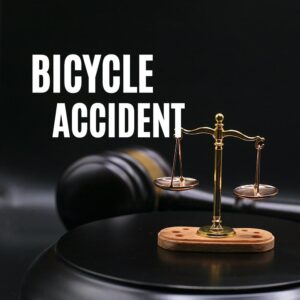
If you decide to file a lawsuit, knowing what to expect can ease the process. Here’s a step-by-step look at the stages of a typical bicycle accident lawsuit:
- The consultation and case evaluation: You’ll meet with a bike accident attorney to review your case and determine the best course of action.
- Filing the complaint: The formal legal process begins with your attorney filing a complaint in court. This document outlines your claims and what you’re seeking in damages.
- The discovery process: Both sides gather evidence, conduct depositions, and exchange information. This stage allows each party to understand the strengths and weaknesses of the other’s case.
- Settlement negotiations: Many cases settle before reaching court. Your lawyer will negotiate with the other side to secure a fair settlement. If negotiations don’t lead to an agreement, your case will proceed to trial.
- Trial: In court, both sides present their evidence and make their arguments. The judge or jury will then make a decision on your case and determine the compensation you’re entitled to receive.
Your Case’s Potential Timeline
Bicycle accident cases can vary in duration, depending on factors like the severity of your injuries, the amount of evidence, and whether the case goes to trial. Here’s a rough timeline:
- The initial consultation: 1-2 weeks after the accident
- Investigation and evidence gathering: 2-6 months, depending on the case’s complexity.
- Settlement negotiations: 3-12 months
- Trial (if necessary): 1-3 years
Your bicycle accident lawyer will work to move your case forward as efficiently as possible while ensuring that every detail is thoroughly covered.
Get the Justice and Compensation You Deserve
Being hit on a bike can turn your life upside down, but you don’t have to go through it alone. A bike accident attorney will pursue a claim against the responsible party with the right strategic approach. Holding the liable party accountable not only secures your own future but also helps promote safer roads for all cyclists.
By hiring a qualified bicycle accident lawyer, you empower yourself to hold the negligent party accountable and receive the compensation you need to move forward. Don’t let your injuries define your future; take control and pursue justice.
Connect with a personal injury lawyer today to discuss your options and start the journey toward recovery.

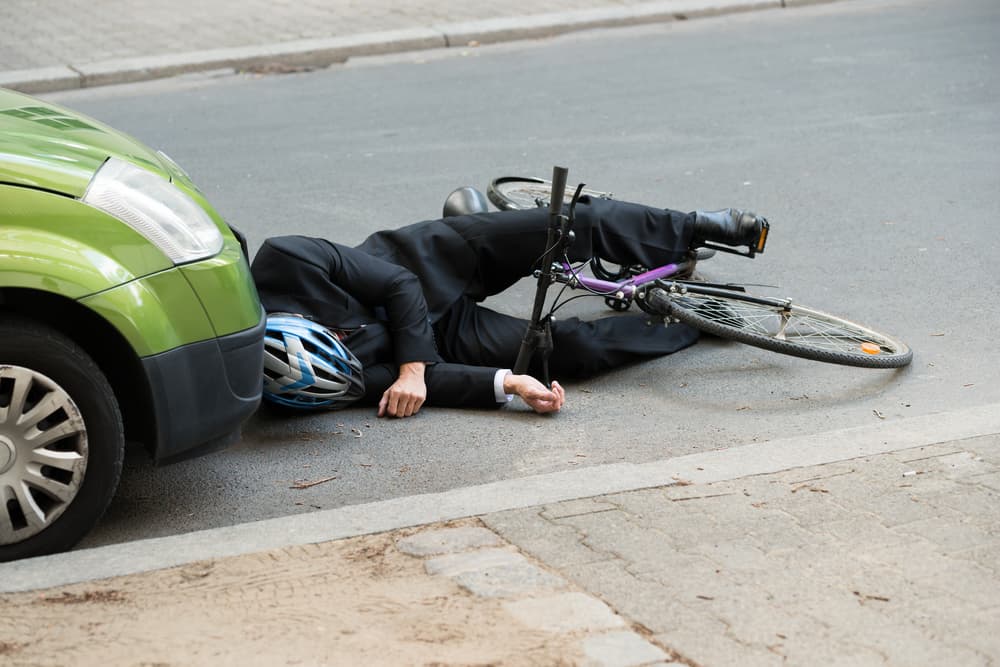
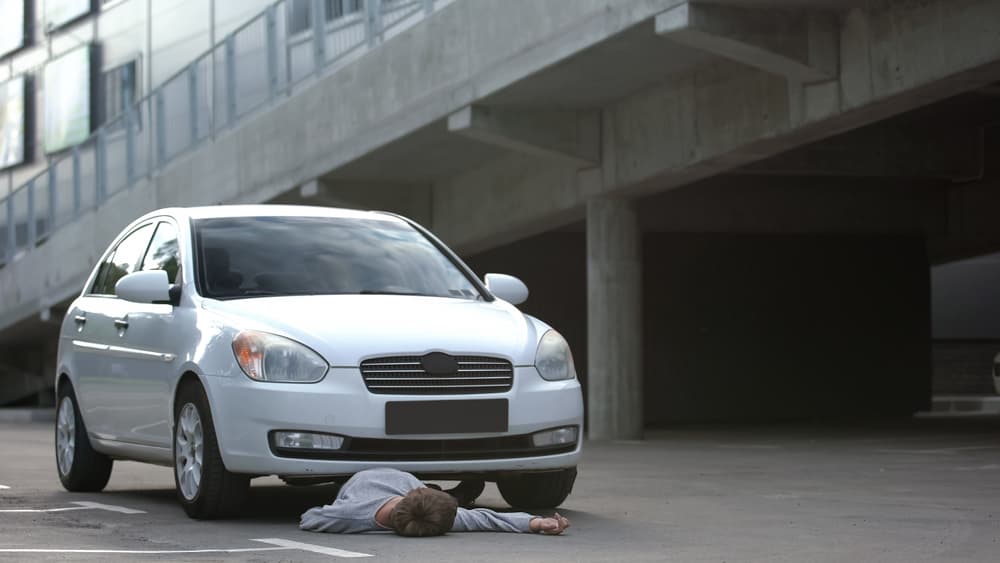
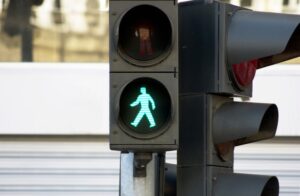

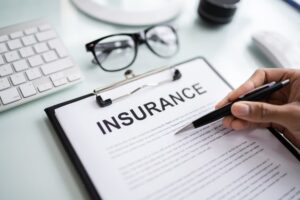
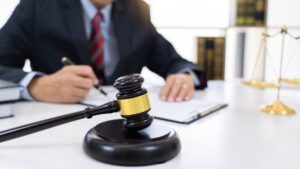

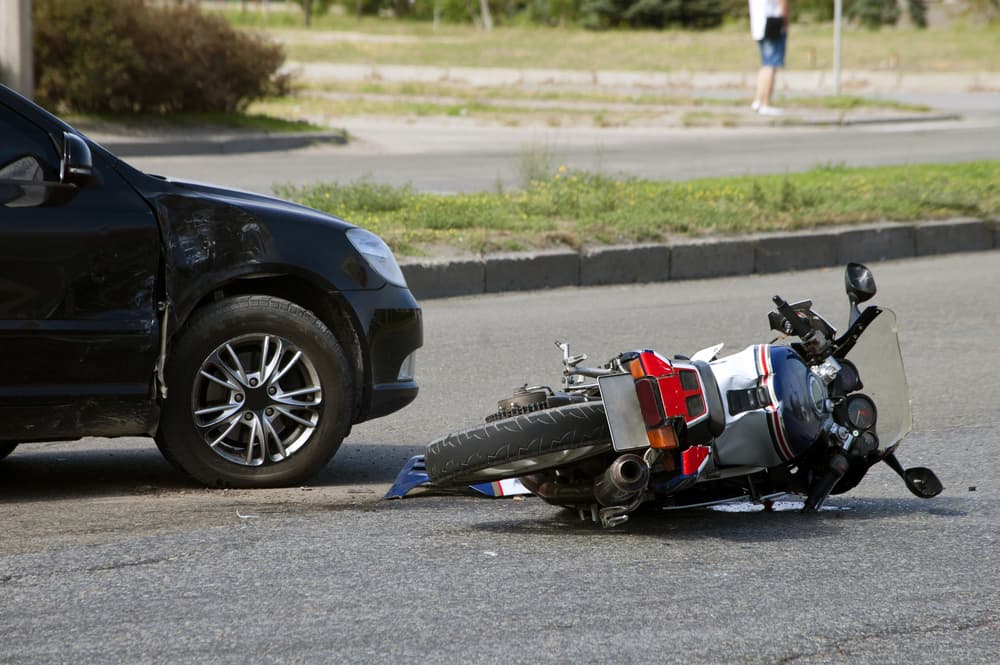


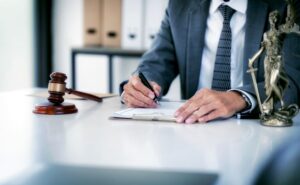

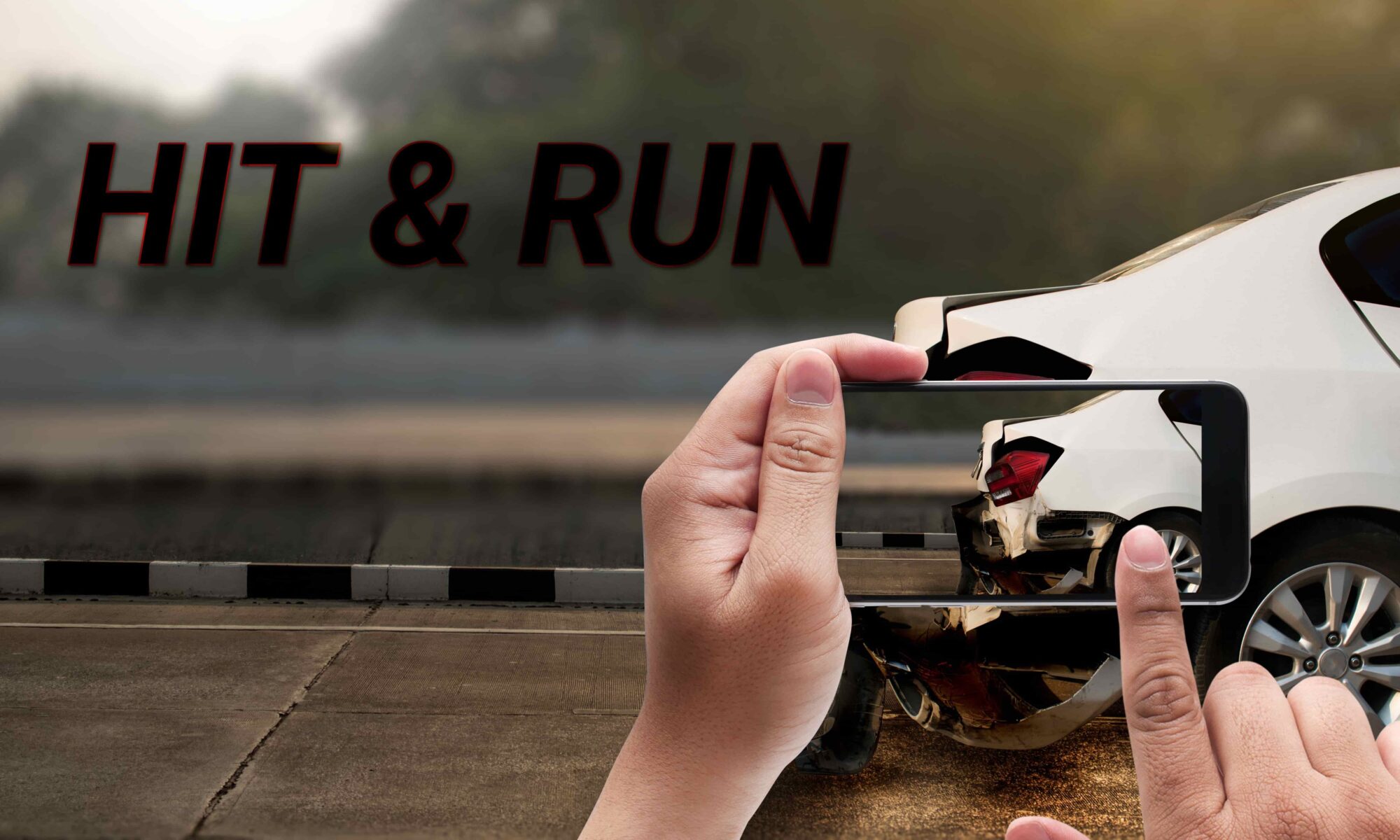
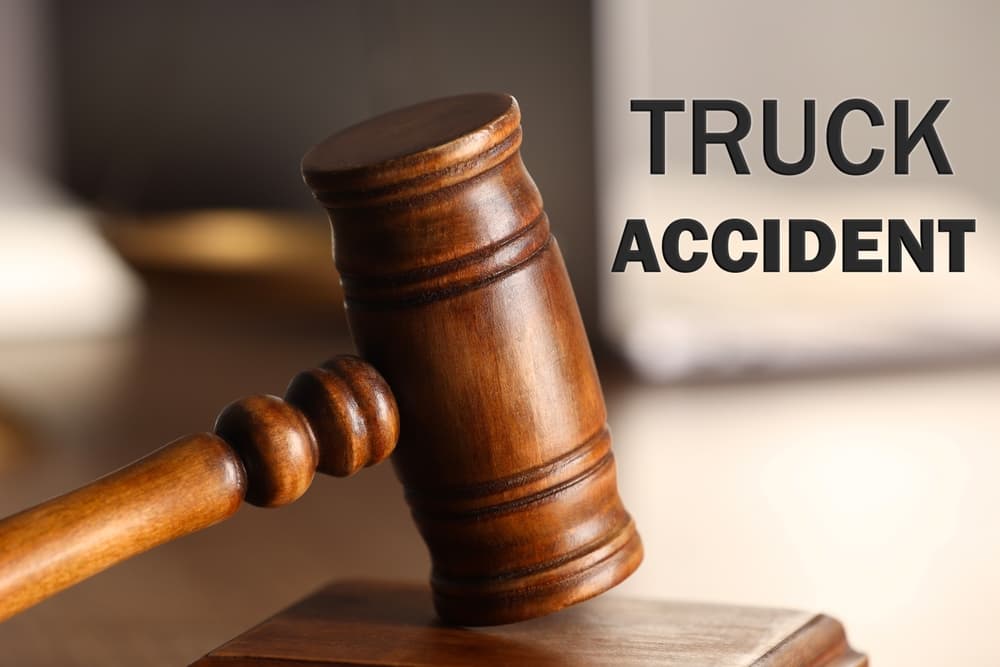




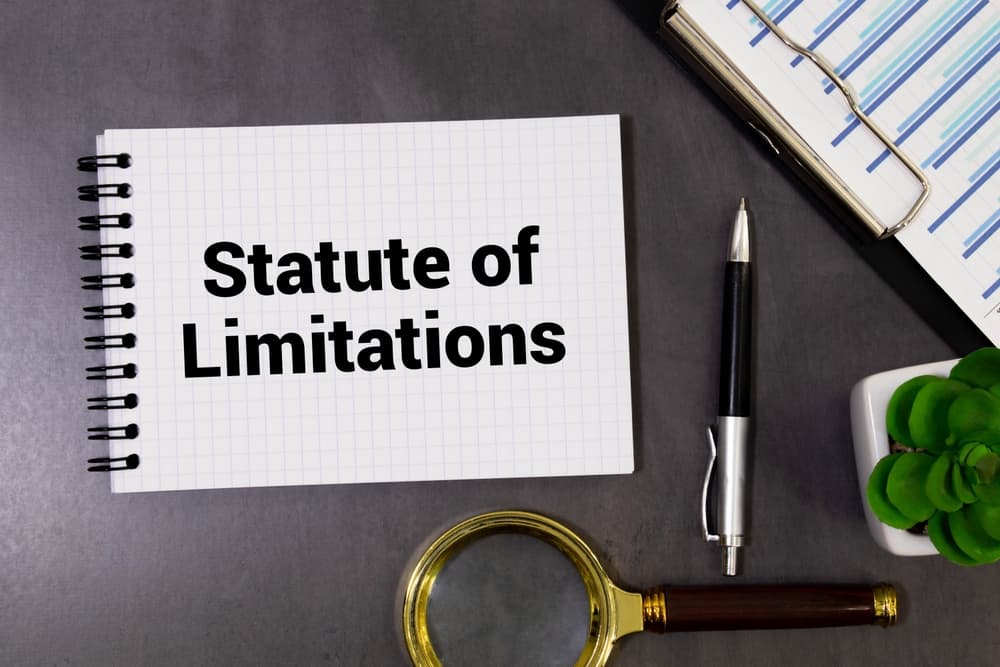
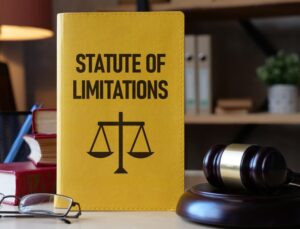

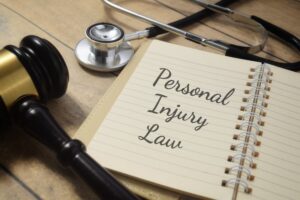
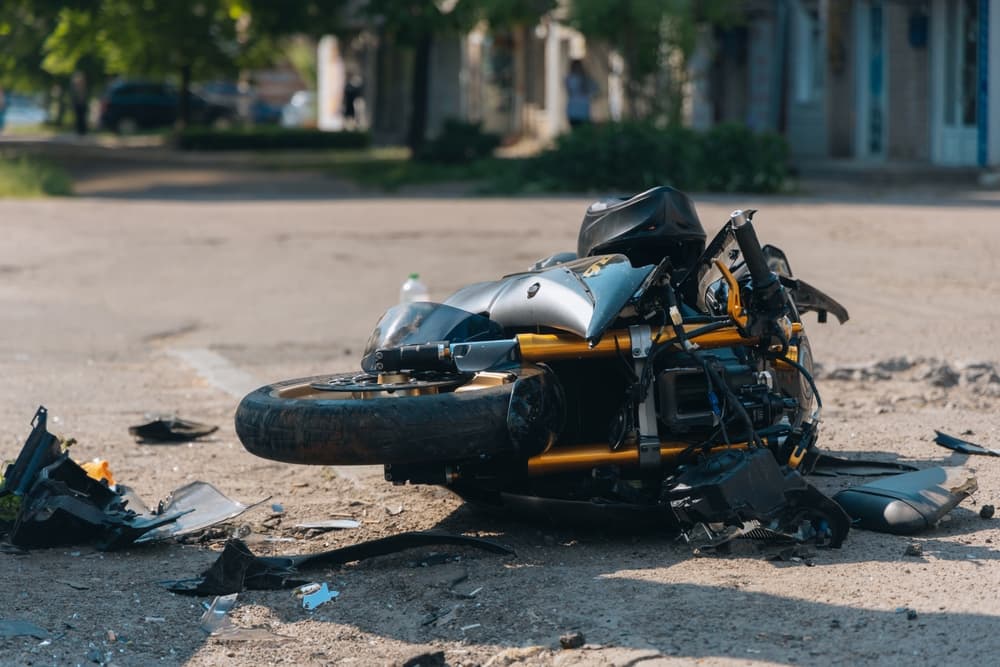
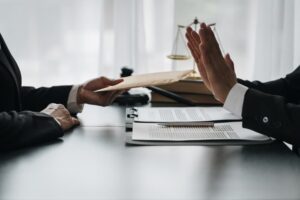 Remember that you do not have to – and should never – accept any settlement offer from the insurance company that unreasonably tries to reduce your compensation. If the insurance company is wrongfully trying to blame you for the
Remember that you do not have to – and should never – accept any settlement offer from the insurance company that unreasonably tries to reduce your compensation. If the insurance company is wrongfully trying to blame you for the 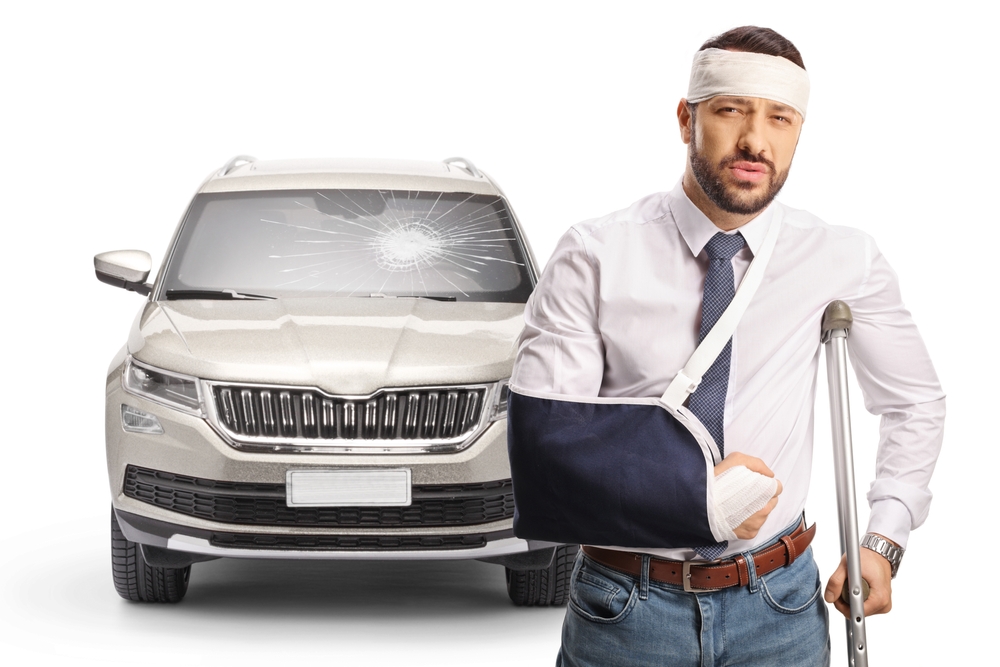
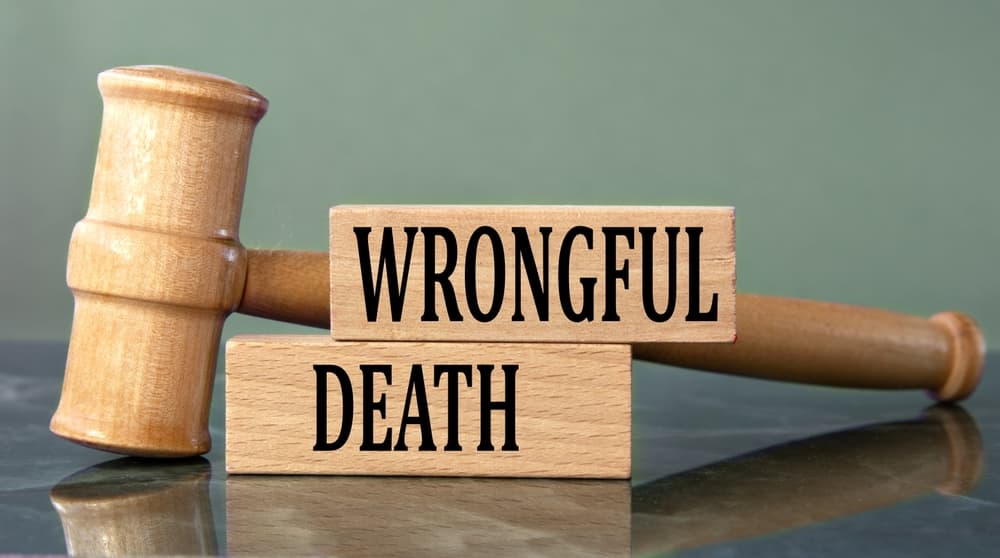
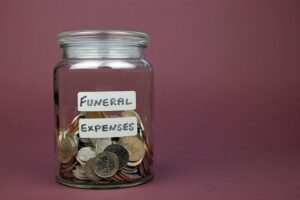 In a wrongful death claim or lawsuit, families who have lost a loved one due to someone else’s negligence can seek compensation for their various losses. This financial recovery helps address the emotional and economic effects of the loss. Here are some of the most common losses for which families can seek compensation:
In a wrongful death claim or lawsuit, families who have lost a loved one due to someone else’s negligence can seek compensation for their various losses. This financial recovery helps address the emotional and economic effects of the loss. Here are some of the most common losses for which families can seek compensation: